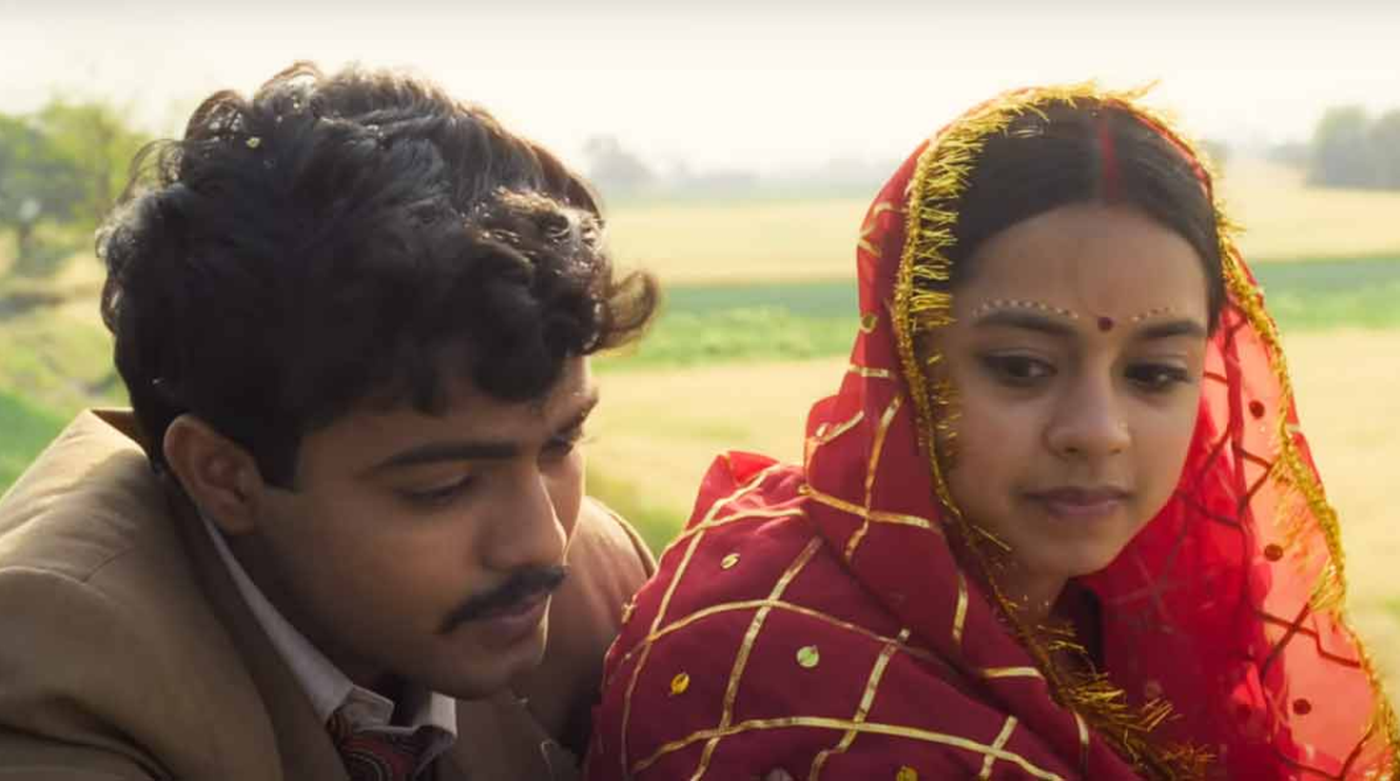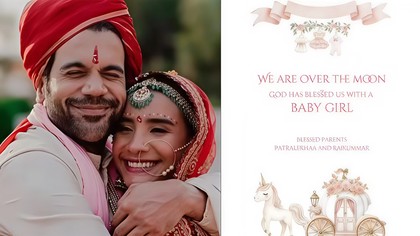Kiran Rao's second feature film, 'Laapataa Ladies,' is a delightful, feminist-swag-dripping satire that takes a pointed stab at uncomfortable truths still prevalent today. Set in the fictional Nirmal Pradesh in 2001, the era of early mobile phones and trains stopping at every small station, the film weaves a gently biting narrative around a jaw-dropping case of bride-swapping.
The Plot & Cast
The story follows newlywed brides Phool Kumari (Nitanshi Goel) and Jaya (Pratibha Ranta), who find themselves entangled in a tight spot after their faces are obscured by identical red chunris (veils). Phool ends up stranded at a station, unable to recall her husband's village name, while the more educated Jaya reaches the wrong 'sasural' (in-laws' home), much to everyone's shock.
Rao skillfully uses the 'ghoonghat' (veil) as a double-edged sword, symbolising the patriarchal tradition that forces women to be faceless, whether they wear a veil or not. The film explores how women navigate this oppressive system, learning to 'adjust' and carve out small freedoms within its confines.
Women's Role in Indian Society
While some situations may feel contrived and certain characters are straight out of Bollywood, the film shines when it upends the male jerks and empowers the lovely ladies. The cast, comprising mostly new faces, lends authenticity to the narrative, with Goel and Ranta delivering standout performances as the contrasting brides.
'Laapataa Ladies' doesn't shy away from slipping in political jibes and ridiculing the truisms used to keep women in check. Its unapologetically message-y approach, coupled with its strongly beating feminist heart, overrides any broad brush strokes. Sometimes, Rao seems to say, things need to be stated loud and clear.
In the end, what's lost is diffidence and delusion, and what's found is a sense of identity and self-worth. 'Laapataa Ladies' is a delightful celebration of women's empowerment, a must-watch for anyone seeking a refreshing and thought-provoking cinematic experience.











